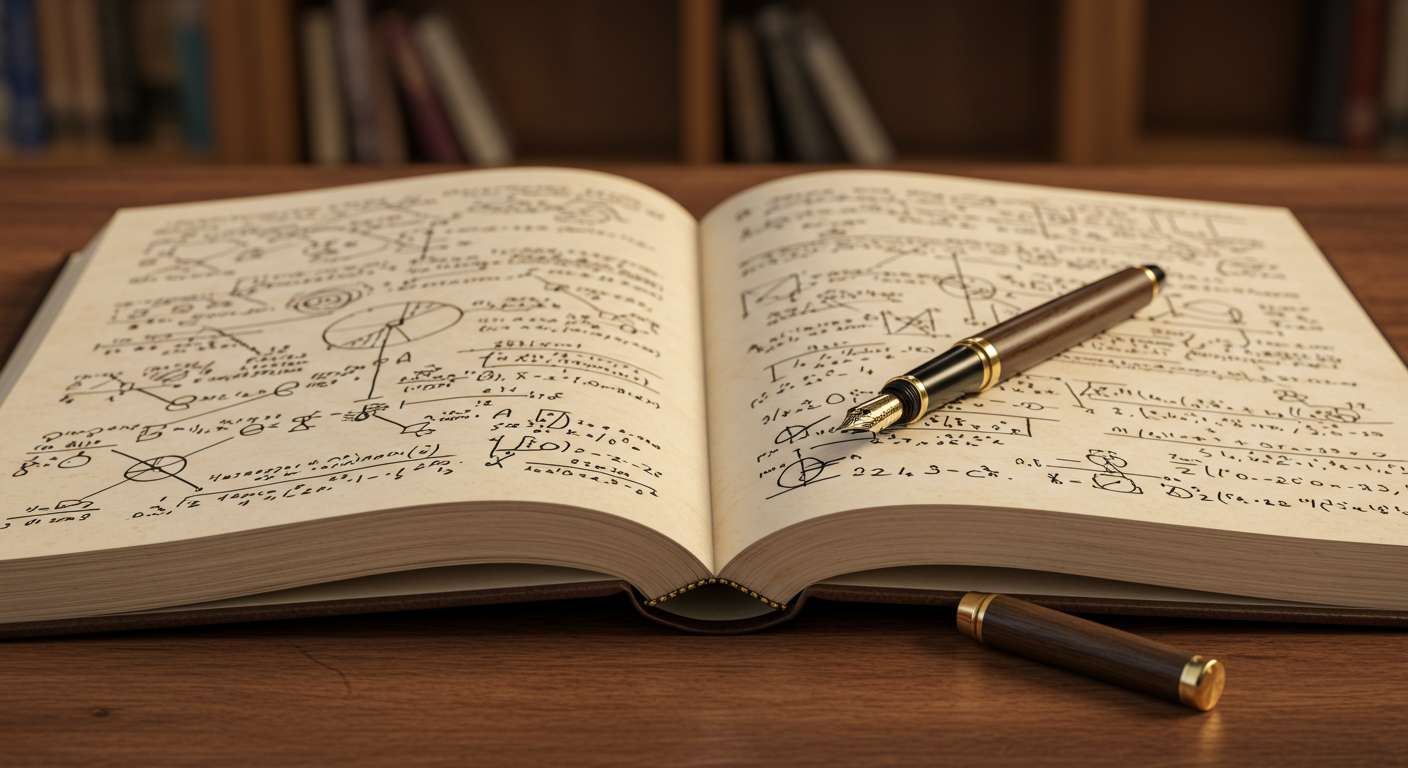When asking about someone’s age, especially in informal contexts like dating, it’s important to understand the difference between the phrases ‘How old is the oldest man you’ve ever dated?’ and ‘What is the oldest man you’ve ever dated?’ Both of these expressions may seem interchangeable, but there are subtle differences that can affect how your question is received. In this article, we’ll break down these common phrases, explain their usage, and help you understand when to use each one.
‘How Old’ vs. ‘What Age’: Understanding the Difference
The phrase ‘How old’ is commonly used to ask about a person’s age or the age of something. It is a general, direct way to inquire about age. For example, ‘How old is the oldest man you’ve ever dated?’ is a straightforward question that focuses on the age of the person in question.
On the other hand, ‘What age’ is often used when you are looking for a specific number. However, when asking about someone’s past experiences, ‘What age’ may sound slightly more formal or unnatural in conversational English. In this case, the more natural phrasing would typically be ‘How old’.
When to Use ‘How Old’ in Everyday Conversations
‘How old’ is the preferred choice in casual conversations, particularly when discussing someone’s age or past experiences. It’s simple, common, and universally understood. For instance, ‘How old is the oldest man you’ve ever dated?’ flows naturally and is the most common way to phrase this question in English.
Using ‘How old’ implies a general inquiry and can be used in a variety of situations without sounding awkward. Whether you’re asking about a person, a thing, or an experience, ‘How old’ is versatile and widely accepted in both casual and more formal settings.
Why ‘What Age’ May Sound Unnatural
While ‘What age’ is grammatically correct, it can sound a bit awkward or formal in some situations. For example, ‘What is the oldest man you’ve ever dated?’ might come across as more stiff or formal compared to ‘How old is the oldest man you’ve ever dated?’ The latter feels more conversational and is easier to understand in everyday English.
In general, ‘What age’ is used in more specific contexts, such as when talking about a particular number. For example, you might ask, ‘At what age did you get your first job?’ This is a more focused, precise way of asking about age. However, for questions about dating or informal situations, ‘How old’ is almost always the better choice.
Common Mistakes and Tips for Clarity
If you’re learning English or trying to phrase something correctly, it’s common to confuse ‘How old’ and ‘What age’. One key tip is to remember that ‘How old’ works well in almost all situations involving age, while ‘What age’ is often more specific or formal.
When asking about experiences, such as dating or other personal matters, ‘How old’ is the most natural and widely accepted phrasing. Avoid using ‘What age’ unless you’re looking for more detailed or formal contexts.
Conclusion: Using ‘How Old’ for Everyday Conversations
In conclusion, when asking about someone’s age, especially in casual conversations like dating, ‘How old’ is the best choice. While ‘What age’ is grammatically correct, it is less common and can sound formal in some situations. By sticking with ‘How old’, you ensure that your question is natural, clear, and easy to understand.



コメント